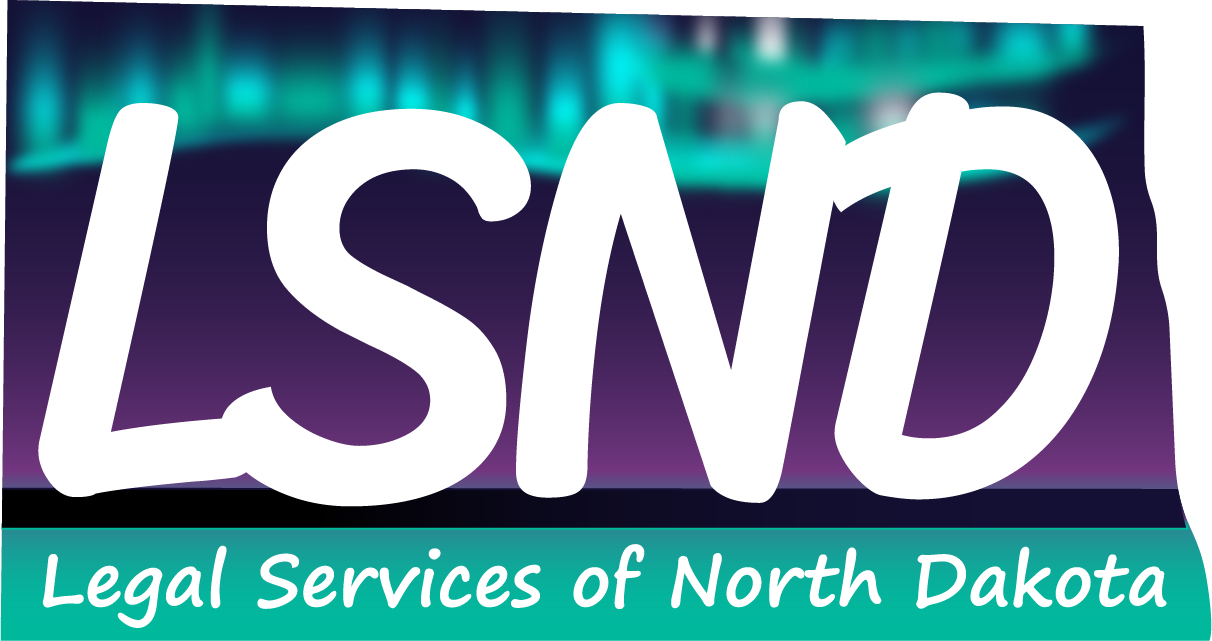Your appearance, demeanor, and testimony can be essential to your court hearing. It is important that you are properly prepared. If you follow some basic rules, you should have a more successful hearing.
Appearance is important:
A neat appearance and proper dress in court are important. A suit is not required, but jeans and a T-shirt may threaten your credibility. Proper dress shows respect for the court. No hats!
When you enter the witness stand to testify, wear a confident expression, but don’t smile or appear defeated. This is also a good idea when you leave the witness stand.
Make yourself be heard:
• Talk slowly and loud enough on the witness stand so everyone in the courtroom can hear you. Speak clearly and distinctly, using only words, phrases and terminology that you understand.
• Keep your hands away from your mouth and do not chew gum. You can’t speak distinctly while chewing gum or with your hand over your mouth.
• Always answer verbally so it can be properly recorded by the court. Do not nod your head.
• Be serious in the courtroom. Avoid joking and wisecracks. Testifying is a very serious matter and not one to be taken lightly.
• Take your time when answering questions. Give the question such thought as it requires to understand it and be able to give your answer. Explain your answer, if necessary. If a question can’t be truthfully answered with a “yes” or a “no,” you have a right to explain the answer.
• Be direct with the judge. The judge will not appreciate evasiveness and, depending upon the judge, you could be reprimanded.
• Be sincere. Don’t be sarcastic or appear dissatisfied with the judge or attorney for the other side. Don’t appear to be overly confident. This may lose you the respect of the judge and may be damaging to your testimony.
• Be especially respectful of the judge. It is usually wise to respond to the judge as “your honor.” If possible, try and turn yourself in the direction of the judge when talking to the judge. Never argue with the judge, the other party, or an attorney, if there is one. Stay calm. Do not lose your temper.
• Remember when the opposing party questions you some attorneys will try to make you lose your temper and say things that are not correct.
• When the judge is asking questions, try not to look to the attorney or advocate for help. If you appear to require assistance with your testimony, it could jeopardize your credibility and sincerity.
• Be courteous. Never interrupt the judge or anyone else during the hearing. If something needs to be clarified, wait until it is your turn to testify or ask to make a clarification at the end of the hearing. Stop speaking instantly when the judge or attorney interrupts.
• Avoid laughing or talking about the case in the hallways or restrooms of the courthouse. The other party, counsel or witnesses for the other party may see or hear you.

Know the information about your case:
• Be familiar with the documents in your case. Stick to the facts. You’re on safe ground as long as you tell only what you saw – not what you think happened, or what you heard someone else say took place.
• Be brief and concise. Do not ramble when offering evidence.
• Tell the truth! Do not minimize, but do not maximize either.
• If you don’t know the answer, do not guess! Instead, say you don’t know. If you don’t understand a question, don’t be ashamed to state frankly, “I don’t know what you mean.” Do not answer until you fully understand the question completely.
• Be honest, but do not volunteer information on cross examination. Answer the question asked of you, simply and directly, and then stop and wait for the next question. Remember a judge decides the case and your credibility goes a long way.
• If you are stating dates, times and places, etc., be exact. If you cannot be exact, make certain it is understood that you are only estimating.
• If your answer was not correctly stated, correct it immediately. If your answer was not clear, clarify it immediately
Who Do I Contact With Additional Questions?
Seniors 60 and over Call:
1-866-621-9886
Others Call:
1-800-634-5263
You may apply for legal services by completing our online website application.
